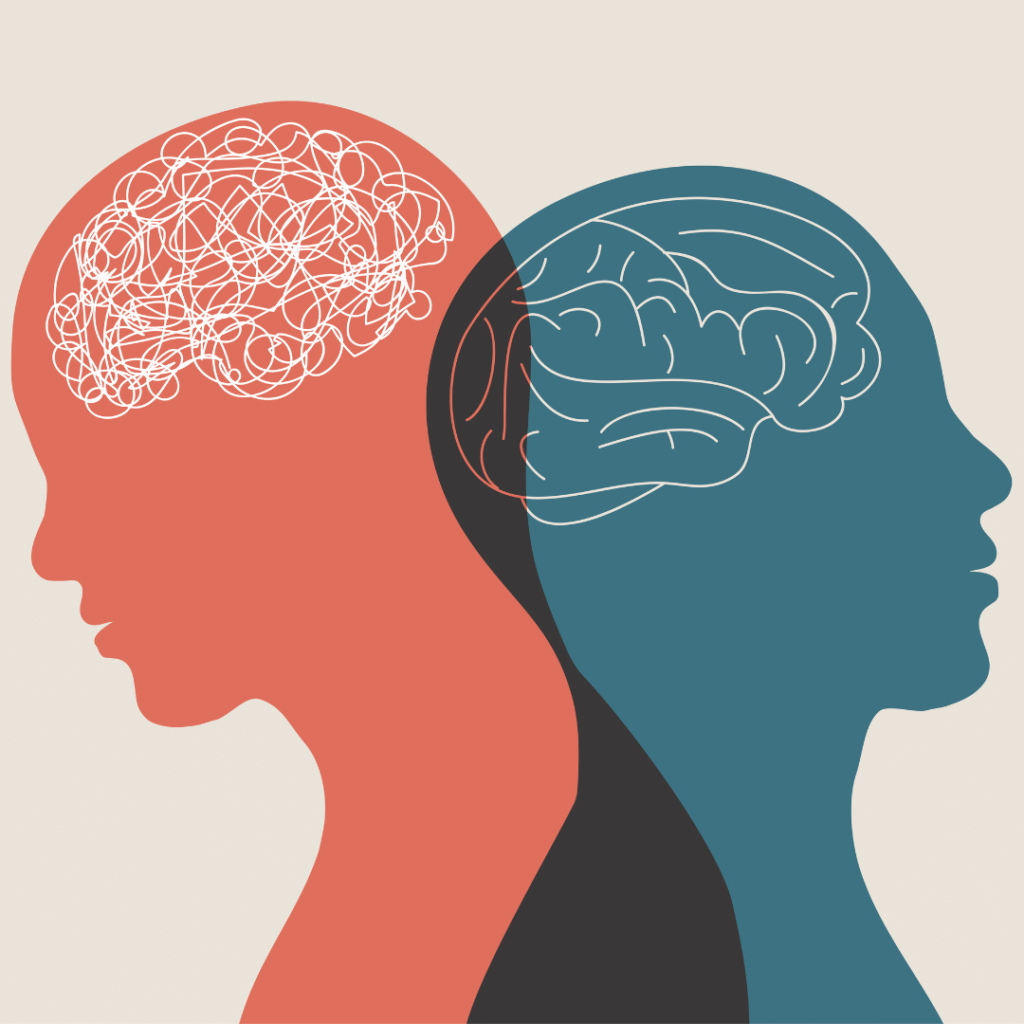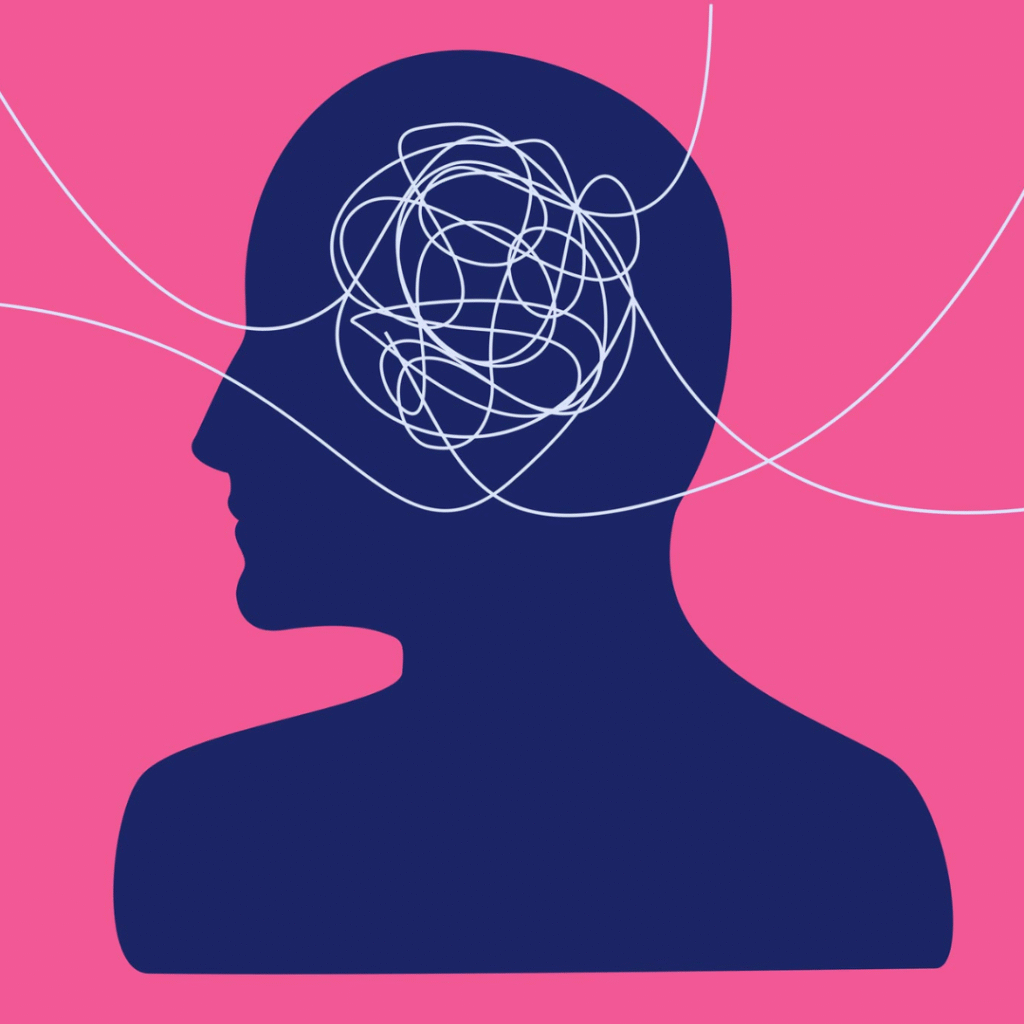Mental health is an essential part of overall wellness, yet it often goes unnoticed or untreated. Just as physical first aid teaches people how to respond to accidents and injuries, mental health first aid equips individuals with the knowledge and confidence to support someone experiencing mental health challenges. With increasing awareness about emotional well-being, communities, workplaces, and schools are beginning to recognize the value of mental health first aid as a vital skill. This guide explores what mental health first aid is, why it matters, the skills it involves, and how it can make a difference in everyday life.
What Is Mental Health First Aid?
Mental health first aid is an educational program designed to teach people how to identify, understand, and respond to signs of mental health issues. It does not replace professional treatment but offers immediate, practical assistance until professional help is available or the situation improves. Think of it as the emotional equivalent of CPR—an immediate, supportive response that can stabilize a situation and connect someone to appropriate resources.
The core purpose of mental health first aid is to reduce stigma, increase awareness, and empower communities to respond effectively. It encourages people to view mental health with the same importance as physical health, fostering environments where individuals feel supported instead of judged.
Why Mental Health First Aid Matters
Mental health issues affect people across all ages, cultures, and backgrounds. According to global research, millions of individuals experience stress, anxiety, depression, or other psychological challenges each year. Many do not seek help due to fear of judgment, lack of understanding, or limited resources.
This is where mental health first aid becomes critical. When friends, family members, coworkers, or community leaders know how to recognize early signs and offer immediate support, individuals are less likely to feel isolated. Early intervention not only reduces the risk of problems escalating but also encourages people to seek professional care sooner.
Beyond helping individuals in crisis, mental health first aid strengthens social bonds, workplace productivity, and overall community resilience. It contributes to a culture where open conversations about mental well-being are normal and encouraged.
The Goals of Mental Health First Aid
The practice of mental health first aid revolves around several key goals:
-
Recognize warning signs of emotional distress or mental health challenges.
-
Provide immediate support through listening, empathy, and reassurance.
-
Encourage positive coping strategies and reduce feelings of isolation.
-
Guide individuals toward professional or community resources for further help.
-
Promote awareness and reduce stigma surrounding mental health.
These goals make it clear that the emphasis is not on solving or diagnosing problems but on offering compassionate, practical assistance.
Who Can Benefit from Mental Health First Aid?
The beauty of mental health first aid is that it is not limited to professionals. Anyone can learn and apply these skills. Some of the groups that benefit most include:
-
Teachers and school staff who interact daily with students face academic and personal pressures.
-
Employers and managers who want to create healthier, more productive workplaces.
-
Parents and caregivers supporting children or aging family members.
-
Community leaders and volunteers who serve diverse groups of people.
-
Friends and peers who simply want to be there for loved ones during difficult times.
In truth, everyone benefits when mental health first aid skills become part of daily life. The more people trained in these practices, the stronger and more supportive a community becomes.
Key Skills in Mental Health First Aid
Mental health first aid is built on practical skills that are simple yet powerful. Some of the most important include:
1. Recognizing Signs of Distress
Mental health challenges may not always be obvious. Learning to recognize changes in behavior, mood, communication, or performance can make all the difference. Warning signs might include withdrawal from social activities, sudden mood swings, difficulty concentrating, or expressions of hopelessness.
2. Active Listening
One of the most valuable skills is listening without judgment. This means giving full attention, showing empathy, and validating the person’s feelings instead of dismissing them. Often, the opportunity to be heard is the first step toward relief.
3. Offering Reassurance
People struggling with mental health issues may feel isolated or misunderstood. Simple words of encouragement, expressing concern, and reminding them that support is available can provide hope in moments of despair.
4. Encouraging Professional and Peer Support
Mental health first aid emphasizes connecting individuals with appropriate resources. This may involve encouraging them to talk to a counselor, join a support group, or reach out to a trusted friend. The role of the first aider is not to diagnose but to guide toward helpful options.
5. Self-Care Awareness
Supporting someone in distress can be emotionally demanding. Mental health first aid also highlights the importance of self-care for the supporter. Practicing healthy boundaries and seeking help when needed ensures sustainability in offering assistance.
Common Situations Where Mental Health First Aid Helps

Mental health first aid skills can be applied in a wide variety of real-life situations, such as:
-
A student overwhelmed with academic pressure and showing signs of burnout.
-
A coworker who appears withdrawn, distracted, or unusually irritable.
-
A friend expressing feelings of hopelessness or excessive stress.
-
A community member going through a major life transition such as job loss or grief.
In each case, the mental health first aider’s role is not to provide solutions but to respond with empathy, listen carefully, and encourage the person to seek further help.
Breaking the Stigma Around Mental Health
One of the greatest barriers to addressing mental health is stigma. Many people still associate emotional challenges with weakness, which prevents them from seeking support. Mental health first aid works actively to challenge these stereotypes by encouraging open conversations and normalizing emotional well-being.
When communities embrace mental health first aid, they send a powerful message: seeking help is a sign of strength, not weakness. This shift in perspective encourages more individuals to come forward without fear of judgment.
Mental Health First Aid in the Workplace
The workplace is one of the most common settings where mental health first aid proves invaluable. Employees spend a large portion of their time at work, and stress, workload, or interpersonal conflicts can significantly impact well-being. Employers who invest in mental health first aid training demonstrate a commitment to both productivity and compassion.
Workplace benefits of mental health first aid include:
-
Increased awareness of stress management and resilience.
-
Reduced absenteeism and improved employee morale.
-
Better communication between staff and management.
-
Stronger support networks that enhance team collaboration.
By creating a culture of openness, workplaces can transform into healthier environments where people feel valued and supported.
Mental Health First Aid for Students and Young People
Young people face unique challenges, from academic expectations to peer pressure and social media influence. Early intervention can prevent long-term struggles, making mental health first aid especially important in schools and universities. Teachers, coaches, and peers trained in these skills can recognize warning signs early and provide timely support.
For young people, knowing that trusted adults or peers are available to listen without judgment can significantly reduce feelings of isolation. Encouraging conversations about emotions at an early age also builds lifelong resilience and awareness.
Building a Supportive Community with Mental Health First Aid
Communities thrive when individuals look out for one another. Mental health first aid helps build environments where support is accessible, and no one feels left behind. Local organizations, faith groups, and volunteer networks can all play a role in spreading awareness and providing training.
A supportive community recognizes that mental health is as important as physical safety. Just as neighbors would step in to help during a medical emergency, they can also step forward when someone shows signs of emotional struggle.
How to Learn Mental Health First Aid
Many organizations and training centers around the world offer mental health first aid programs. These courses typically include interactive lessons, role-playing scenarios, and practical exercises that help participants gain confidence in applying their skills. Training is accessible to people of all backgrounds, making it easy for communities to spread awareness widely.
While professional training provides deeper knowledge, anyone can start learning the basics by reading resources, attending workshops, or engaging in open conversations about mental health with friends and colleagues.
The Long-Term Impact of Mental Health First Aid
The ripple effects of mental health first aid extend far beyond individual interactions. On a larger scale, widespread adoption of these practices contributes to healthier, more compassionate societies. It reduces the burden on healthcare systems, decreases the likelihood of crises, and promotes resilience during challenging times.
Over time, as more people embrace mental health first aid, we move toward a future where emotional well-being is prioritized equally with physical health. This shift has the power to change not only individual lives but entire communities.
Conclusion
Mental health first aid is not about becoming a professional counselor—it is about being a compassionate human being ready to listen, reassure, and guide others toward help. By equipping ourselves with these skills, we build stronger relationships, healthier workplaces, and more supportive communities.
In a world where mental health challenges are increasingly common, knowing how to respond can make a life-changing difference. Just as physical first aid saves lives, mental health first aid saves hope, dignity, and connection. And sometimes, that is exactly what someone needs to begin their journey toward recovery and well-being.
At Ciranox, we are dedicated to supporting your mental wellness every step of the way. All you need to do is fill up this form or sign up with Ciranox to start your journey with us—where guidance, care, and expert support meet to help you achieve a healthier mind and a happier life.




